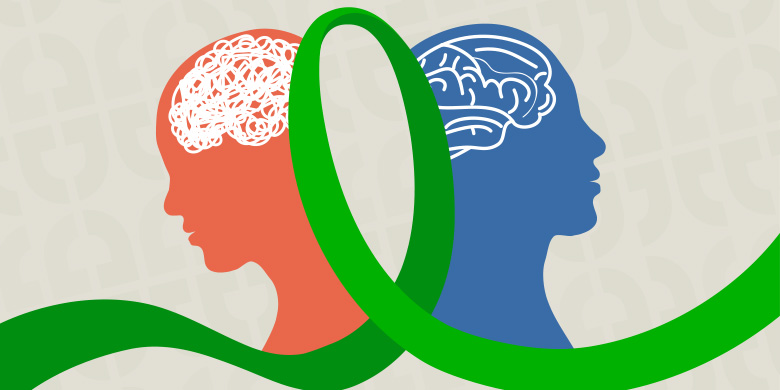Last updated on April 13, 2022
This blog was written by Dr. Pamela Fox, PhD, LCSW-S, Associate Dean of Counseling and Psychological Services.
Today’s adolescents and young adults are experiencing “devastating” mental health issues and challenges, exacerbated by the COVID-19 pandemic. A report from the surgeon general states that there has been a significant increase in self-reports of anxiety and depression. Furthermore, emergency room visits for suicide attempts, for depression, anxiety and eating disorders have also increased since 2019.
The reasons for these mental health conditions are complex, given how brain chemistry affects the behaviors of adolescents and young adults, the role of relationships with family and friends, compounded by the impact of the social media and popular culture. All of this can leave some vulnerable adolescents and young adults feeling helpless and hopeless.
Social media and popular culture are particularly challenging issues and concerns. Unfortunately, many messages from these channels can damage the self-esteem and self-worth of vulnerable adolescents and young adults, making them feel more personally distressed and disconnected from others. These negative messages may make the individual feel that they are not popular enough, not attractive enough, not smart enough, etc.
Other societal stressors, such as the racial injustice, income inequality and gun violence may also heighten the mental and emotional distress that these vulnerable adolescents and young adults experience.
Because there is a shortage of mental health professionals, the recommended mental health and wellness solutions include destigmatizing mental illness, i.e., “it’s ok to not be ok” and normalizing mental health and wellness.
Below are ways to practice self-care:
- Be active
- Eat healthy
- Get quality sleep
- Take medication as prescribed
- Seek help to reduce the risks of self-harm
- Practice self-care and self-compassion
- Practice work/school – life balance
- Establish boundaries and setting limits with people and activities
- Practice healthy coping and stress management
- Connect with positive support people
To learn more about how you can practice mental health care, make sure you tune in on Tuesday, April 26, when we kick off Mental Health Month with Dallas College’s fourth annual Mental Health and Wellness Symposium. Keynote speaker Nathan “Nate” Evans, Jr., a first-generation high school and first-generation college graduate, will speak on this year’s theme “The Struggle is Real, but Resilience is More Real.” Tune in on social media by using #ResilientAtDallasCollege. RSVP now to attend the symposium!
